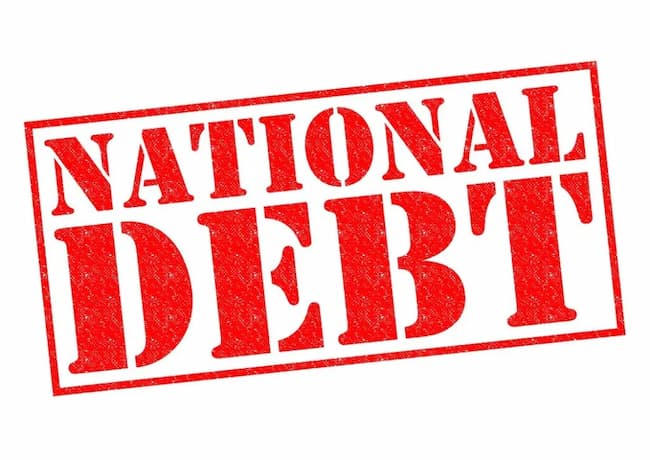Data from the Central Bank of Nigeria (CBN) shows that for the fiscal year that concluded in 2023, Nigeria had debt service payments of $3.5 billion from its external loans. The most recent Quarterly Statistical Bulletin from the central bank has the information.
This $3.5 billion expenditure is a 55% increase over the $2.6 billion in debt service payments for the nation’s external obligations that were made in 2022. Nigeria now has a total external debt portfolio of $42.29 billion, up from $41.69 billion in 2022, according to data from the Debt Management Office.
What the data is saying
According to the data published by the apex bank, Nigeria incurred $801.36 million, $368.26 million, $1,390.72 million and $943.17 million in the first, second, third and fourth quarter respectively.
- Starting at $464.1 million in 2017, these costs have steadily escalated.
- By 2018, the figure had more than tripled, peaking at $1.472 billion.
- After a slight decrease in 2019 to $1.334 billion, the costs climbed annually, culminating in 2023’s record high of $3.503 billion.
- The pattern indicates a growing dependence on external borrowing amidst challenging global economic conditions.
This substantial increase in debt servicing demands a large portion of Nigeria’s annual budget, restricting government spending in critical sectors such as health and education.
It also poses a risk to the nation’s economic growth and may deter foreign investment, essential for economic stability.
Nigeria’s rising external debt
Nigeria’s external debt, which is mostly denominated in dollars, has been rising in recent years as the country faced multi-year economic headwinds triggered by the Covid-19 Pandemic.
- Nigeria’s external debt was just $27.6 billion but rose to $33.4 billion as Covid-19 forced the need for external support for frontier markets like Nigeria.
- For example, the country added $3.5 billion in new IMF loans while the World Bank related International Development Association (IDA) loans rose to $11.1 billion from $9.6 billion.
- By 2023 the IDA balances had risen to $14.9 billion as the country continued to rely on the World Bank.
- Nigeria also tapped the commercial debt market with the Eurobond debt rising from $10.8 billion to $15.1 billion.
- Loans from bilateral sources such as from China, France and other multilateral sources like the AfDB also rose in the last 5 years.
Nigeria also paid back $500 million in Eurobond loans at an annual coupon rate of 6.375% that were acquired six years prior in the middle of last year.
Usually, the nation’s foreign reserves or a special fund set aside for repaying foreign bonds are used to pay down eurobond debts.
Nigeria has now reimbursed $1.8 billion in securities on the International Capital Market (ICM) during the previous six years, as per the DMO, as a result of the redemption.













